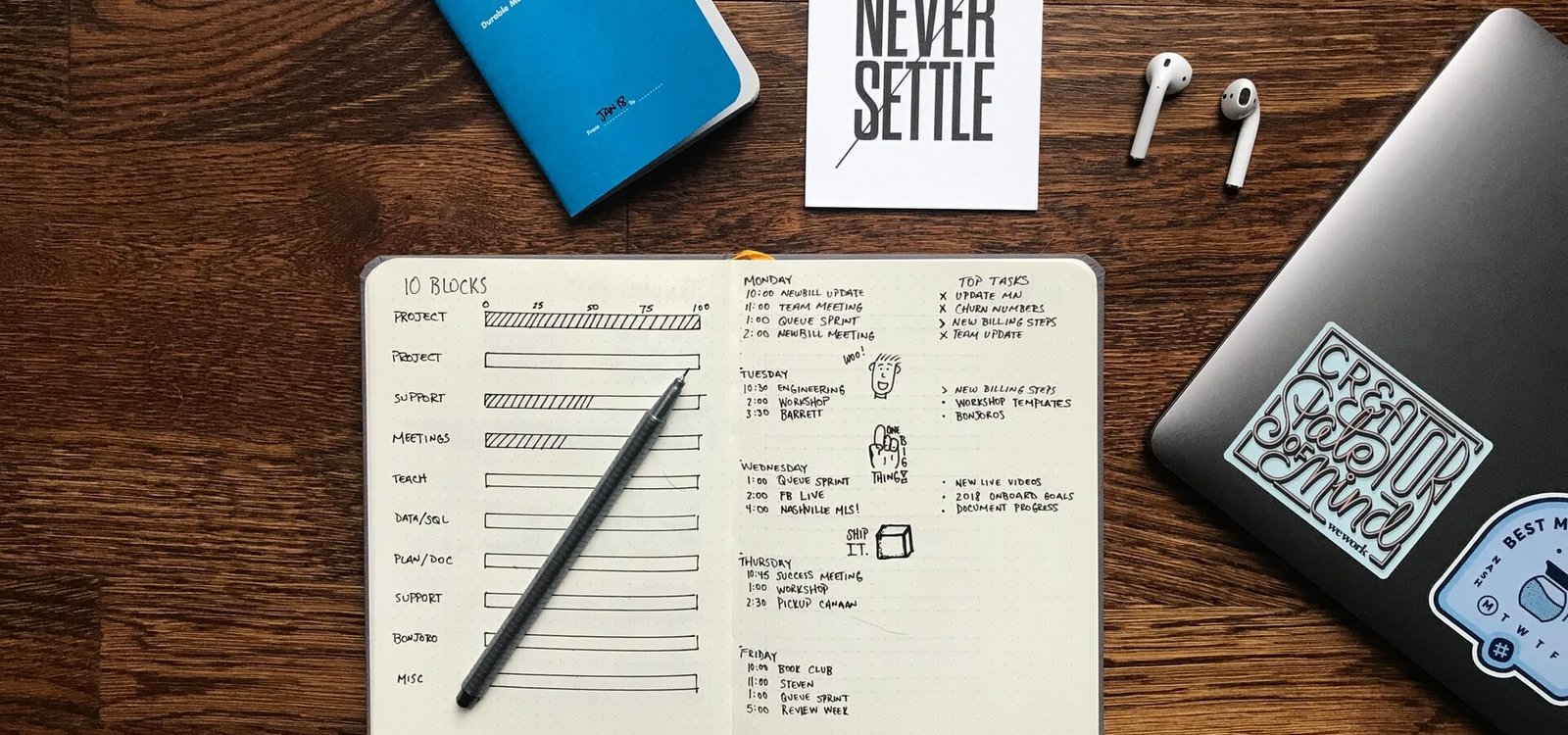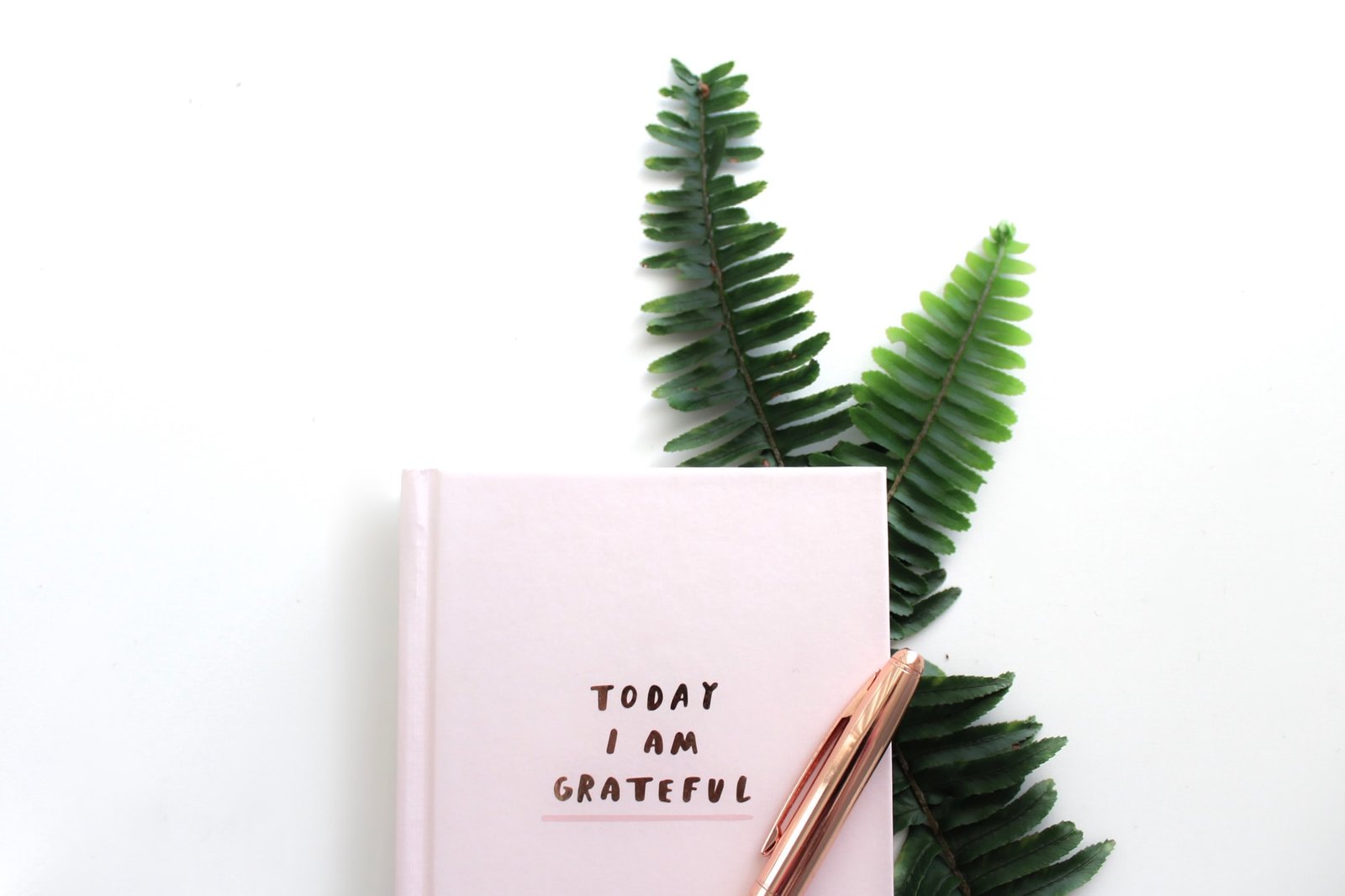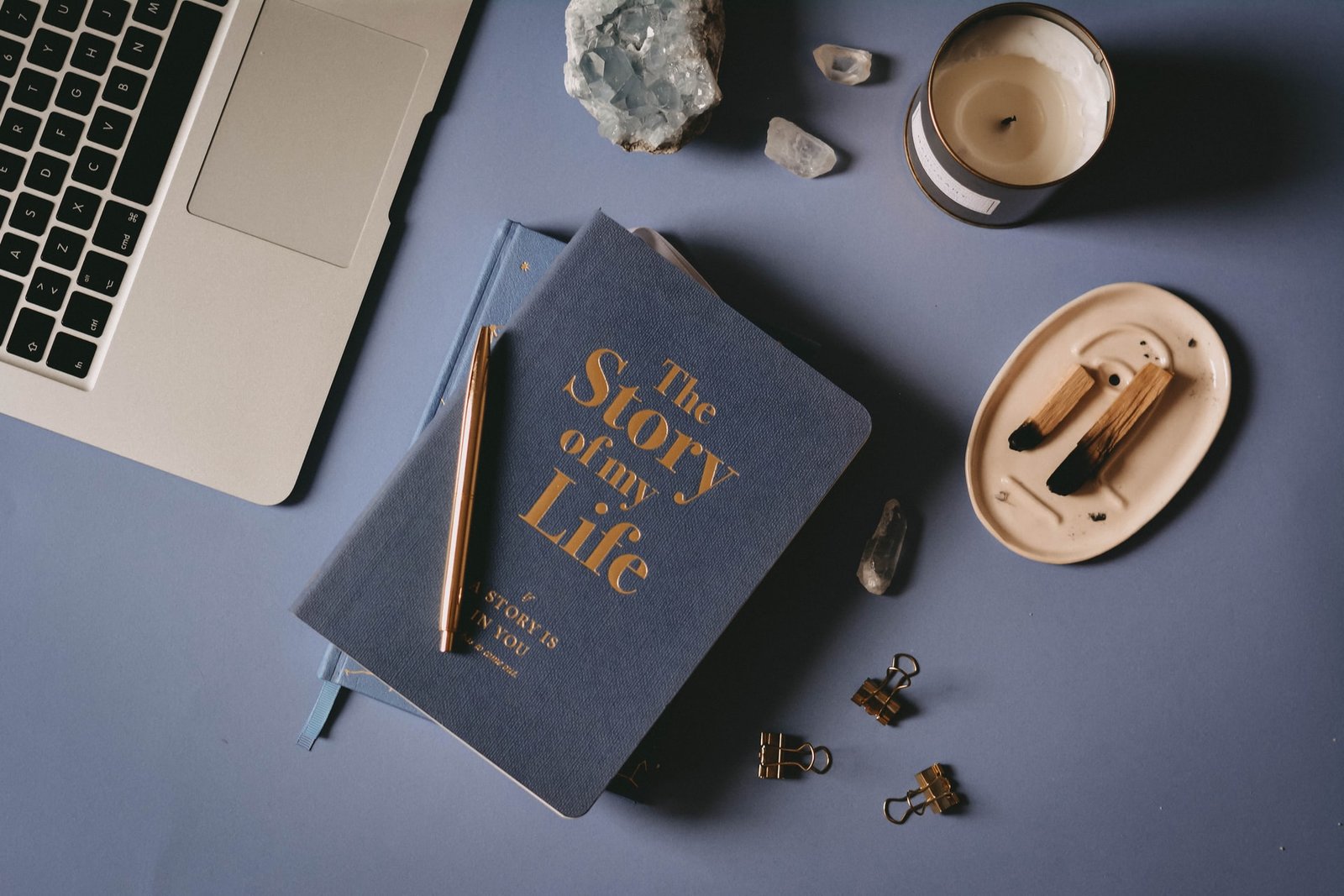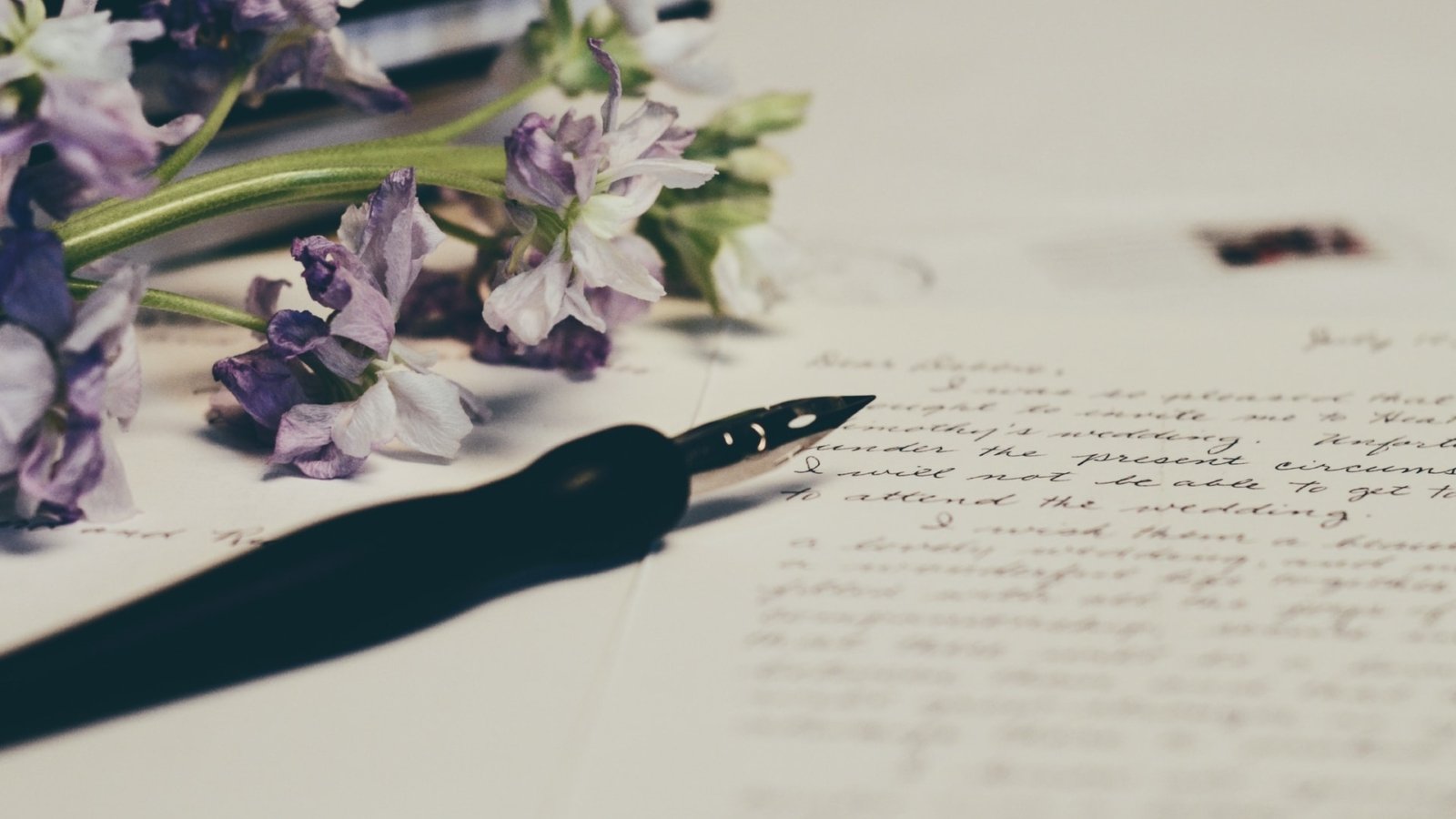Journaling has many benefits from having a clear and conscious focus in life to stress relief and better mental health. And it is one of the habits that some of the greatest and most successful people in past and present leverage to stay focused, calm and productive. So if you too are looking to join the league of elites here are my 6 tips to turn you into a Journaling pro:
- Start with the right tools
- Clear out negativity
- Use information hierarchy
- Don’t limit your expression to words
- Never force it, express gratitude instead
- Make a sacred ritual out of it
TIP ONE: START WITH THE RIGHT TOOLS

There are many ways to journal both physical and digital. I don’t know much about the digital way, what app to use? Whether to type or leave voice notes to yourself? (though leaving a voice note to oneself is a very seductive idea I haven’t tried it yet)
I like a simple physical journal not too expensive (anything from Amazon or local stationery store should work well), hardbound is favourable with relatively thick paper around 90gsm (which is probably 24 lb in the US). And I favour lined paper but some people like dotted or even plain, use whatever you are comfortable with, do some quick research, what do you like?
“Putting pen to paper is a mystical way to access your most profound truths”
– Marie Forleo
One thing I recommend to all for journaling is a fountain pen. When you have a liquid ink that flows like a stream of water, you can literally channel your consciousness onto the paper. Try it out, almost miraculous things will begin to happen.
The tools don’t mean anything in themselves and I don’t advise spending too much on anything. But having just a good journal and pen makes one really feel inspired, connected and may even feel like travellers, sailors or writers of old days. When everyone is smashing their keyboards, what could be better technology detox than this?
TIP TWO: CLEAR OUT NEGATIVITY

As we have already gathered the tools, let’s start writing now. I am going to share how I began and how emptying the cup first can be a great idea, to begin with.
I first started journaling about 5 years ago to cope up with the intense emotions I had from past bullying, failings, accusations, resentments etc. It began as therapy but it stayed as a best friend.
The first few weeks I savoured emptying out all the anger, resentment, frustration, insecurities, stories (Come on! we all have those) and self-limiting beliefs of the past. And as the days passed, I kept reading some of the topics over and over and questioned myself. Is it what really happened? Is it true anymore? Does it serve me?
“Start writing, no matter what. The water does not flow until the faucet is turned on”
– Louis L’Amour
Sometimes I realised my brain was trying to make things worse than they were by using its own imagination to reinforce the same neurocircuitry and recreate the same emotions. And our brains do that because they are built for survival, the last thing it wants us is to forget that tiger ate our friend and to pat him like a cute kitten.
Other times however things were actually worse but they were in past and I acknowledged it. So as I kept writing I realised after a few months, Oh My God! DidI write this? I no longer identify with this and it no longer serves me, even after that I would wait for two weeks. If I am sure it no longer serves me, I would just tear those pages. (remember I told you don’t buy anything too expensive).
I eventually tore all those pages which housed those false stories or things that no longer served me, stripped them and threw them (I later read somewhere Freud actually recommended similar practice). And you should try it once, it feels good, liberating almost but remember if you have written something truly personal that you don’t want others to read better keep the journal under lock and key.
That way you can express yourself free of any worries of judgment or criticism or other privacy concerns (that’s one of the reasons I don’t like apps for journaling).
TIP THREE: USE INFORMATION HIERARCHY

Information Hierarchy is the structure and priority given to various pieces of information.
Whenever we open a page in a book or even a web page our eyes scan the page in a big “F” pattern starting from the top left, then drops a little down one more horizontal and a vertical scan. After that, they start looking for the text that’s in bold, capitals, in quotes, underlined or that which is larger than the rest. Our eyes and brain prefer to see the images and text that’s easy to read compared to long paragraphs of texts. in short, a well-structured text is a symphony for the eyes.
Why is this important? If you want to go back to your journal and read your previous writings to get insights into the chronic emotions, moods, temperaments, personality traits and changes in any of these over the course of time then it is advisable to make it easily readable.
“Keeping a journal of what’s going on in your life is a good way to help you distil what’s important and what’s not “
– Martina Navratilova
That may require one to have some sort of consistent format and clear information hierarchy. I have a very simple format, a catchy heading on the top-left or middle, the date on right and after that anything goes. Though sometimes I add the heading at last because that makes more sense when I lack mental clarity about how what I am writing is going to turn out. And this may happen when you use journaling for introspection or self-reflection. When I am sure what I want to write such as blog ideas or something very particular. I structure the entry from the beginning to the end and have a very clear hierarchy.
For example, Titles can be slightly larger and have an underline, subtitles can have an asterisk or a star on the left margin, some people may even use different pens for titles and subtitles, for a list I may use bullet points or number if it’s a to-do I use checkboxes that can be checked by a tick mark later. Nothing overly complex. All this may take a little bit of extra time but it makes the journal a lo more legible later. Having a consistent format and information hierarchy is highly rewarding in a long run.
TIP FOUR: DON’T LIMIT YOUR JOURNALING ENTRIES TO WORDS

As important it is to have a consistent format and hierarchy, it is also important to be truly expressive and free-flowing or else the journal may look like a thesaurus or an encyclopaedia (unless that’s what you want).
Be truly free, be creative. Journal is not just a record of past events and memories but also a place to capture new ideas and dreams.
“This is what the best journals look like. They aren’t for the reader. They are for the writer. To slow the mind down. To wage peace with oneself”
– Ryan Holiday
So, it is always a good idea to not hesitate to sketch, to experiment with poetry techniques, different meters and rhymes, colours, shade, attach photos, make it truly an inventor’s diary or a collection of your personal Rorschach inkblots.
I have so many stick figures and metaphysical sketches and quotes all around my journals. It’s a total mess but it’s my mess.
TIP FIVE: NEVER FORCE JOURNALING, EXPRESS GRATITUDE INSTEAD

Although having a routine and journaling daily is a good practice and most people on the internet would recommend that, it is also most essential to not make it mechanical, compulsory and redundant or else you may end up with dozen entries capturing the same wave of emotions.
It is more important to enjoy journaling and the story as it unfolds over a prolonged period of time, whether you write two lines or two pages every day that’s totally irrelevant.
“When you arise in the morning, think of what a precious privilege it is to be alive – to breathe, to think, to enjoy, to love.”
– Marcus Aurelius
So instead of forcing an entry or trying to fill a page, go on a walk or practice gratitude or reflect on some trait, you have improved.
For example, something like “I am grateful for the meal I had on my table today” or “I punched the walls only twice today. Yay!!” would be so much better than a long crazy journal entry that makes no sense.
TIP 6: MAKE JOURNALING A SACRED RITUAL

In a world of constant chaos and obsession with speed and productivity, what would be a greater luxury than taking a few moments of solace and solitude, sipping a cup of tea and jotting down something that means nothing to anyone other than you and your closest companions? (I am assuming eventually you’ll read it to them or they will reap indirect benefits).
“Keep a notebook. Travel with it, eat with it, sleep with it. Slap into it every stray thought that flutters up into your brain”
– Jack London
Make a ritual out of it come to the same place at the same time each day and set the mood. Play some music that soothes you, stimulate the senses with a fragrant candle or a cup of green tea, sit down, gaze out of the window, say a big “F*** You” to the world and jot down something absolutely unproductive, seek your own highest council, reflect on deeper truths of your being and let this be your strategic rebellion to all the stress and worries of life.
You’re in charge of this moment and truly feel that you’re indeed the master of your fate, you’re the captain of your soul.
As always very keen on reading your thoughts, tips, experiences, stories and conclusions. So don’t forget to leave some down in comments here, that’s how I learn and grow too. And if you enjoyed the post do share it with your loved ones


When I haven’t a drive to write a treatise a rant, sometimes I just am still in observing, and I start to describe a little. It may remain a fragment, but sometimes it quickly becomes a poem or prose. Short stories come out, a dinner idea, or even a piece of a plan to a new or unfinished idea. Those fragments become gatherable to be edited into the whole structure and detailed enactment, and that’s much easier than drawing everything from one sitting.
Many a song or even a book has been first a box or drawer of napkins and receipts, scribbles, drawings and folded pages.